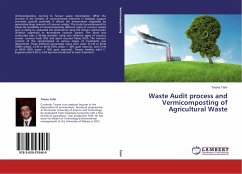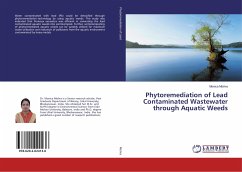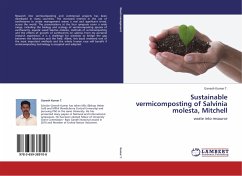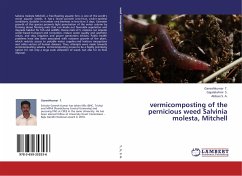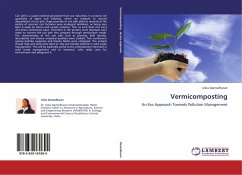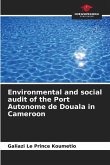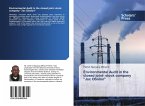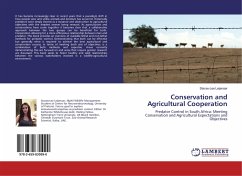Vermicomposting: Journey to forever waste minimization. While the increase in the number of coconut-based industries in Malaysia support economic growth positively, it affects the environment negatively by generating large amounts of coconut wastes. This study has endeavored to assess the possibility of vermicomposting different types of coconut wastes and, in doing so, evaluated the potential of using the African nightcrawler (Eudrilus eugeniae) to decompose coconut wastes. The study was conducted over a 50-day duration using two different types of coconut wastes: coconut husk (CH) and spent coconut flakes (SCF). The nutrient content of the vermicompost at various stages of treatments was determined. Three different percentage ratios were used: {C1-W or B1-W (100% waste), C2-W or B2-W (70% waste + 30% goat manure), and C3-W or B3-W (50% waste + 50% goat manure)}. Twenty healthy adult E. Eugenia (each 0.02 to 0.03 kg) was introduced to each treatment.
Bitte wählen Sie Ihr Anliegen aus.
Rechnungen
Retourenschein anfordern
Bestellstatus
Storno

